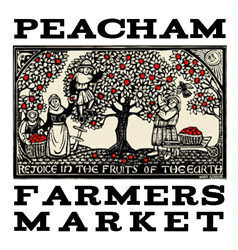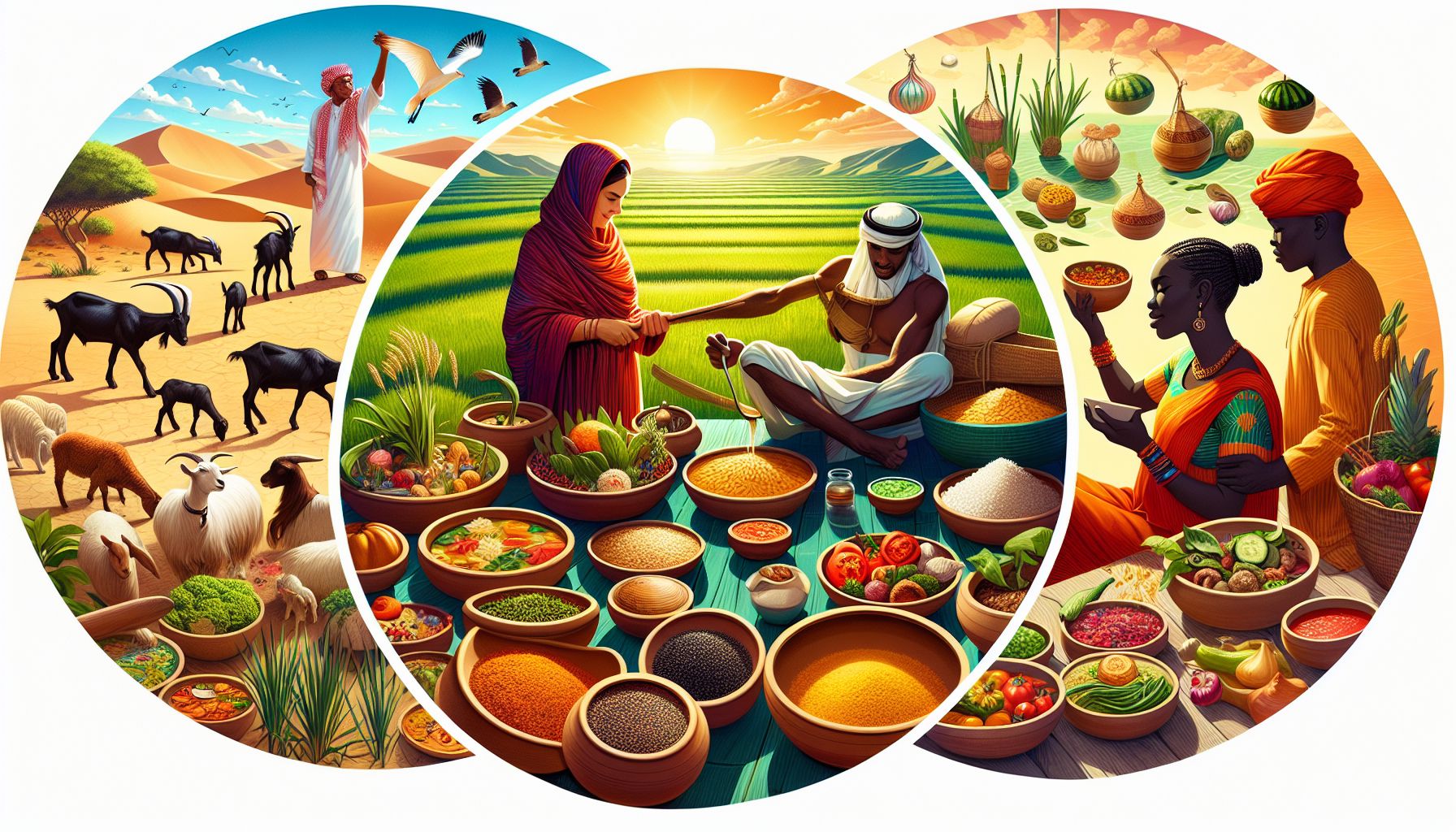Food is not just sustenance; it is a form of cultural expression, a way to connect with our roots, and a means to pass down traditions from one generation to the next. As society becomes increasingly modernized, it is easy to lose touch with the stories and traditions behind the dishes we eat. However, we must not forget that the ingredients and recipes that make up our meals have a history, one that is deeply intertwined with farming techniques and practices.
 Farming has been an essential aspect of human society for thousands of years. As we have evolved, so have our farming practices. From the early days of hunter-gatherers to the industrialized methods of today, farming has always been a crucial element in sustaining human life. However, with the rise of technology and the demand for more significant yields, traditional farming practices have been pushed aside.
Farming has been an essential aspect of human society for thousands of years. As we have evolved, so have our farming practices. From the early days of hunter-gatherers to the industrialized methods of today, farming has always been a crucial element in sustaining human life. However, with the rise of technology and the demand for more significant yields, traditional farming practices have been pushed aside.
But, there is a growing movement towards sustainable and ethical farming practices. Organic farming, permaculture, and regenerative agriculture are just a few examples of this shift towards a more mindful approach to farming. These practices not only prioritize the health of the land and its crops but also the health of the people consuming the produce. They also promote the preservation of cultural and local traditions.
One example of this is the prevalence of heirloom seeds in sustainable farming. These are seeds that have been passed down for generations, preserving the unique qualities and flavor of a particular crop. When these seeds are used in farming, they become a symbol of cultural heritage and tradition.
Similarly, recipes are also a way to preserve cultural and familial traditions. Each dish tells a story, one that has been passed down through generations. The ingredients, cooking techniques, and flavors used in traditional recipes often have a cultural significance and are steeped in history. For example, the Indian spice blend, garam masala, has a deep connection to the country’s ancient Ayurvedic traditions. And every family has their unique version of this spice blend, passed down from one generation to the next.
But, just as farming practices have evolved, so have recipes. With the surge of technology and globalization, we now have access to a wide range of ingredients and cooking techniques from different cultures. And this has given rise to fusion cuisine, where traditional recipes are given a modern twist, creating a new and exciting culinary experience.
So, whether we stick to traditional recipes or venture into fusion cuisine, it is vital to understand the stories and traditions behind the dishes we eat. By doing so, we not only connect with our cultural roots but also gain a deeper appreciation for the flavors and techniques used in our meals.
As we continue to explore new and innovative farming techniques and recipes, it is crucial to also consider the impact on the environment and our food culture. Sustainable farming practices not only promote biodiversity and support local communities but also preserve cultural traditions. And as we move towards a more sustainable future, it is vital to keep these traditions alive.
In conclusion, farming and recipes go hand in hand, and both play a significant role in preserving cultural heritage and promoting sustainable living. So, the next time you taste a delicious dish, take a moment to appreciate the history and tradition behind it. Let us continue to celebrate and honor our food culture by supporting ethical farming practices and embracing the diversity of flavors and techniques in our meals.

